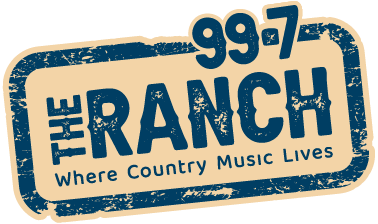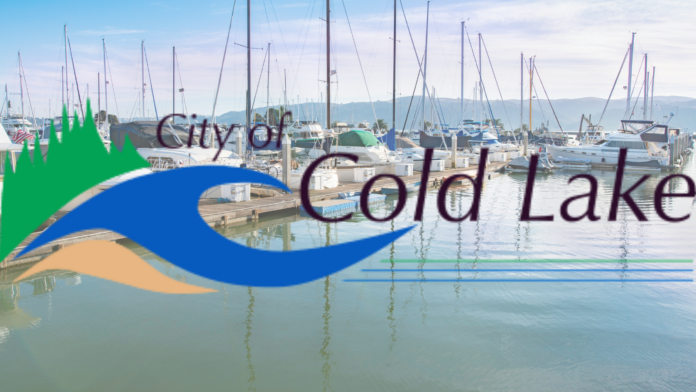As the year 2024 draws to a close, Cold Lake Mayor Craig Copeland reflects on the city’s milestones, challenges, and plans for the year ahead.
Speaking about the city’s achievements, he highlighted a mix of community events and infrastructure projects that defined the past year.
“Well we had a great year,” said Mayor Copeland. “We had some pretty fun events, certainly the Cold Lake Air Show was fantastic. It’s unfortunate that the smoke played a factor, but, it was the largest static air display ever in Canada, the organizers did a fabulous job.”
The city also saw significant advancements in infrastructure, including progress on Lakeshore Drive. “Getting Lakeshore Drive – right along the lake – done was major undertaking,” said Copeland. “Big seawall, and in hooking up the houses with brand new water and sewer lines. That was a big, big project, and that will finish up in the summer of ’25.” He also highlighted success in healthcare, with the city’s medical clinic expanding from one doctor to five, and the groundbreaking of a new wastewater treatment plant serving both Cold Lake and the surrounding region.
However, 2024 was not without its hurdles. Persistent issues like crime and homelessness continued to impact the community. Copeland explained that its not just light crime the city is facing “This crime, unfortunately, Cold Lake has experienced a pretty high crime rate – not only light types of crime, vagrancy, mischief, but also major theft.” He noted that the city has faced challenges addressing these issues, which are often tied to addiction. Meetings with the Justice Minister and increased security measures, including transitioning private security into the city’s operating budget, were steps taken to tackle the problem.
Unexpected delays also shaped the year. Mayor Copeland shared that construction of the F-35 hangar project, a significant local development, was delayed. Additionally, the anticipated boom in housing starts failed to materialize, leading to a tight rental market and rising housing costs. “We’re starting to see some increases in rent price,” he said, expressing hope that new housing developments will emerge in 2025.
Despite these challenges, Cold Lake’s initiatives have positively impacted residents. Free transit services, particularly utilized by new Canadians, have made a meaningful difference. “The transit service… has been a huge hit,” said Copeland. “It allows [new immigrants] to be in our community and to work and support eh business community.”
Community feedback has underscored concerns about crime and safety, prompting the city to expand its policing and security efforts. Financially, Cold Lake has faced rising costs, particularly for RCMP services. “Residents of Cold Lake are paying 90 percent of the police RCMP budget now, and that’s a significant hit financially,” explained Copeland. “That was over a half a million dollars this year.”
Looking ahead, Cold Lake city council has set ambitious priorities for 2025, including lobbying for improvements to Highway 28, securing a drug detox center and mental health facilities, and advocating for a permanent MRI machine for the region. Ongoing projects like Lakeshore Drive improvements and the wastewater treatment plant remain on track for completion in 2025.
Housing remains a critical issue, with incentives introduced to attract developers for multi-family and small-home projects. However, the city acknowledges the difficulty in drawing developers away form booming markets near Edmonton and Calgary. “We’re hoping that we’re going to see some developers come into our community,” said Copeland. “But we are very concerned that we just don’t have enough housing stock for all the people coming here.”
As Cold Lake moves into 2025, Mayor Copeland emphasized the city’s resilience and commitment to growth. “You need to always continue to make your community go forward and grow… we just can’t continue to go to the taxpayer and ask them to continue to pay five-six percent increases year after year,” he said, while calling for increased provincial and federal support to sustain local development and meet the community’s needs.




